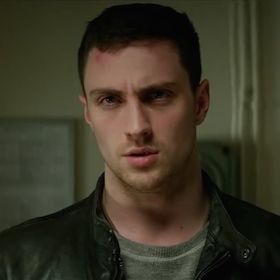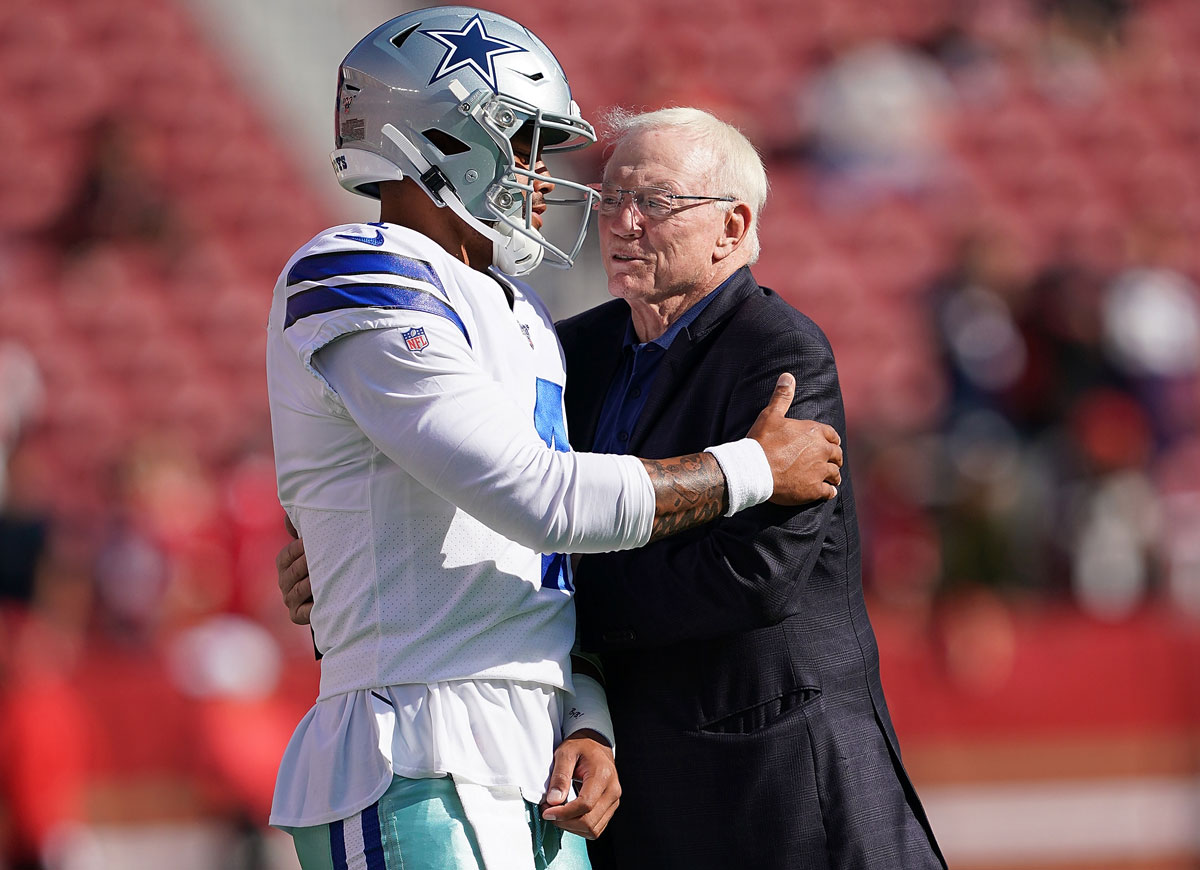'Godzilla' Review: The King of Monsters Doesn't Get The Screen Time He Deserves

3/5
Out of all the monster movies ever made, Godzilla (1954) remains the most famous and influential. Who doesn’t enjoy a colossal radioactive lizard demolishing whole cities with great, lumbering steps? Having been a fan of Roland Emmerich’s cheesy 1998 Godzilla in my youth, I was looking forward to this newer, darker interpretation of the creature. The trailer boasts complete mayhem and utter terror, no doubt caused by Godzilla, and ends with his signature bone-chilling growl. The actual film, however, showcases a different story.
The film opens in the Philippines in 1999, where Doctor Ichiro Serizawa (Ken Watanabe from Inception) and coworker Vivienne (Sally Hawkins from Jane Eyre) investigate a collapsed quarry. Underground, they walk through a gargantuan ribcage and discover cocoons hanging from the cave’s ceiling. One of them appears dormant, while the other has been ripped apart. Something has burrowed its way out of the cavern, through the mountains and into the ocean.
Meanwhile, in Japan, overworked father Joe Brody, played by Breaking Bad’s Bryan Cranston, ignores his son Ford and heads to work at the local nuclear plant with wife Sandra (Juliette Binoche of Chocolat). At the plant, Joe notices abnormally high levels of seismic activity. Soon after, a radiation leak traps and kills Sandra, whom Joe tries to save, and the plant is destroyed. Fifteen years later, soldier and family man Ford, played by Aaron Taylor-Johnson, is newly returned from a fourteen-month deployment and trying to settle down with his wife and son. Just as some sort of normalcy prevails, he receives a call from Japan to bail his estranged father out of jail. Joe has been arrested for trespassing into the quarantine zone of their old home, in an effort to discover what is really going on at the plant. Joe, still in mourning for his wife and desperate to return to the plant, enlists Ford’s help in his obsessive search for answers. What they find back home is potentially catastrophic.
A MUTO (Massive Unidentified Terrestrial Organism) has cocooned itself in the middle of the demolished plant, feeding off the radiation and releasing electromagnetic pulses powerful enough to knock out electricity for miles. A team of researchers, led by Dr. Serizawa and called Monarch, attempt to kill the creature when its EMPs threaten to dismantle the plant; instead, the cocoon hatches and unleashes the MUTO into the world. What the researchers realize too late is that the other cocoon they found has also hatched. The MUTO’s reign of terror awakens the interest of another behemoth, one who just so happens to like hunting MUTOs…enter the government’s worst kept secret: Godzilla. You probably already know what monster will emerge victorious.
The last forty-five minutes of the film finally reveal Godzilla’s complete form. Much like the big reveal of the monster in J.J. Abrams’ Cloverfield, Godzilla is only glimpsed through smoky jump-cuts for the majority of the movie. When we finally do see him, the anticipation is a bit anti-climactic, as his brawling scenes are few and far between. The epic standoff takes place at night, so his body is mostly hidden in shadow. For a self-titled movie, there was a heavier focus on the MUTOs and human relationships than on Godzilla. I would have liked to see how the monster king came to be. Additionally, based on the trailer’s portrayal of Godzilla, I expected the monster to be more of a menace to society, and his actual role left me a bit disappointed.
The film offers a stellar cast, though their characters are brief and underdeveloped. Binoche, for example, received top billing, though her story ended rather abruptly early on. Every trailer/article I saw emphasized Cranston’s role as well. I was eager to see how he’d bring about the end of Godzilla/MUTOs, but his role seemed to be a less intense version of Walter White. Some of Watanabe’s lines were unintentionally funny, the best being, “Let them fight.” This comes after a heated discussion amongst the military on how to deal with and eviscerate the MUTOs and Godzilla. They basically agree to put the fate of mankind in Godzilla’s atomic breath. This sort of detachment is to be expected in a monster movie, as we aren’t usually invested in the human players as much as we are in the monsters. For a majority of the film, humans stopped to stare or ran away. During the screening I went to, no one in the audience rooted for Ford or Joe, but there were roars of applause when Godzilla rose from the watery depths of the San Francisco Bay.
Despite the underdeveloped characters and subpar acting, I did enjoy the darker tone of the film. The shot of the plant exploding is particular unsettling, especially from Ford’s vantage point, as he is only a few miles away in his suburban school. Godzilla’s imagery is atmospheric and eerie and reminiscent of Steven Spielberg’s earlier films – the scenes when the MUTO breaks out of its flimsy cage and Godzilla’s entrance at the Golden Gate Bridge resemble the T-Rex’s introduction in Jurassic Park. The MUTOs look like a cross between the monster from Cloverfield and the kaiju from Pacific Rim. It’s a nasty, effective combination. The landscapes also reflect the spooky nature of the movie. When Ford and Joe visit the ghost town by the plant, they find their old house overgrown with vegetation and the daunting silence of a long-ago past. When Ford is transporting the nuclear bomb aimed to destroy the MUTOs, he encounters one on a misty mountain bridge in California.
While the action sequences could have been elongated and the characters fleshed out, Godzilla is sure to be a satisfying kick-off to the summer blockbuster season.
RELATED ARTICLES
Get the most-revealing celebrity conversations with the uInterview podcast!





Leave a comment